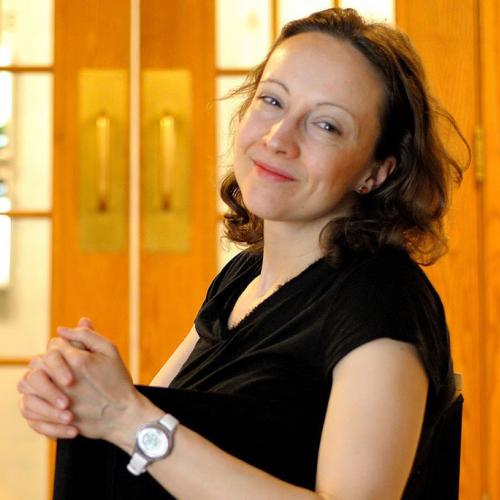Assistant Professor Jana Diesner is the program co-chair of the 3rd International Workshop on Social Sensing (SocialSens 2018). The workshop will be held on April 17 in Orlando, in conjunction with the ACM/IEEE International Conference on Internet of Things Design and Implementation (IoTDI 2018).
SocialSens 2018 will bring together researchers and engineers from academia, industry, and government to present recent advances in social sensing, as described on the website:
Social sensing has emerged as a new paradigm for collecting sensory measurements by means of "crowd-sourcing" sensory data collection tasks to a human population. Humans can act as sensor carriers (e.g., carrying GPS devices that share location data), sensor operators (e.g., taking pictures with smart phones), or as sensors themselves (e.g., sharing their observations on Twitter). The proliferation of sensors in the possession of the average individual, together with the popularity of social networks that allow massive information dissemination, heralds an era of social sensing that brings about new research challenges and opportunities in this emerging field.
Two peer-reviewed contributions that Diesner coauthored with Illinois students will be presented by the student lead authors at the workshop:
Informatics doctoral candidate Ankit Rai will present the paper, "Identification of Landscape Preferences by Using Social Media Analysis," coauthored with University of Illinois colleagues Karrie Karahalios, affiliated faculty member and associate professor of computer science, and Yicheng Sun, computer science master's student, as well as Barbara Minsker, professor of civil and environmental engineering at Southern Methodist University. The paper addresses how they labeled text comments from Flickr, Instagram, and Twitter to train a lexicon-based sentiment classification model for predicting people's sentiments about green infrastructures, a specific landscape element. They found a strong correlation (77%) between text-based sentiments from social media and image-based landscape preferences.
iSchool doctoral student Ly Dinh will present a visions abstract, "Realizing the Full Potential of (Infra-)Structures for Inter-agency Communication Before, and After Disasters Using the Example of APAN (All Partners Access Network)." The paper offers insights to improving situational awareness in disaster management by proposing a unified and decentralized online communication platform that connects response agencies at the local, state, federal, volunteer, and international levels using the Department of Defense's social networking platform, APAN. Through several case studies of actual disaster events that utilized APAN, the authors aim to analyze the interaction dynamics between individuals and agencies before, during, and after disaster and ultimately to determine the most optimal socio-technical and communication (infra-)structures for facilitating interactions among all stakeholders involved in disaster management.
Diesner's research in human-centered data science and computational social sciences combines methods from network science, natural language processing and machine learning with theories from the social sciences, humanities and linguistics to advance knowledge and discovery about interaction-based and information-based systems. Recognition for her research expertise includes appointments as the "CIO Scholar for Information Research & Technology" at Illinois (2018), faculty fellow at the National Center for Supercomputing Applications (NCSA) at Illinois (2015), and as a research fellow in the Dori J. Maynard Senior Research Fellows program (2016), a collaboration of The Center for Investigative Reporting and The Robert C. Maynard Institute for Journalism Education. She holds a PhD from the Computation, Organizations and Society (COS) program at Carnegie Mellon University's School of Computer Science.
